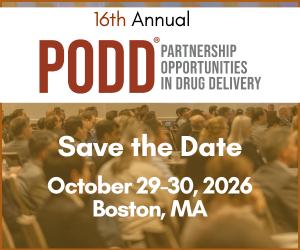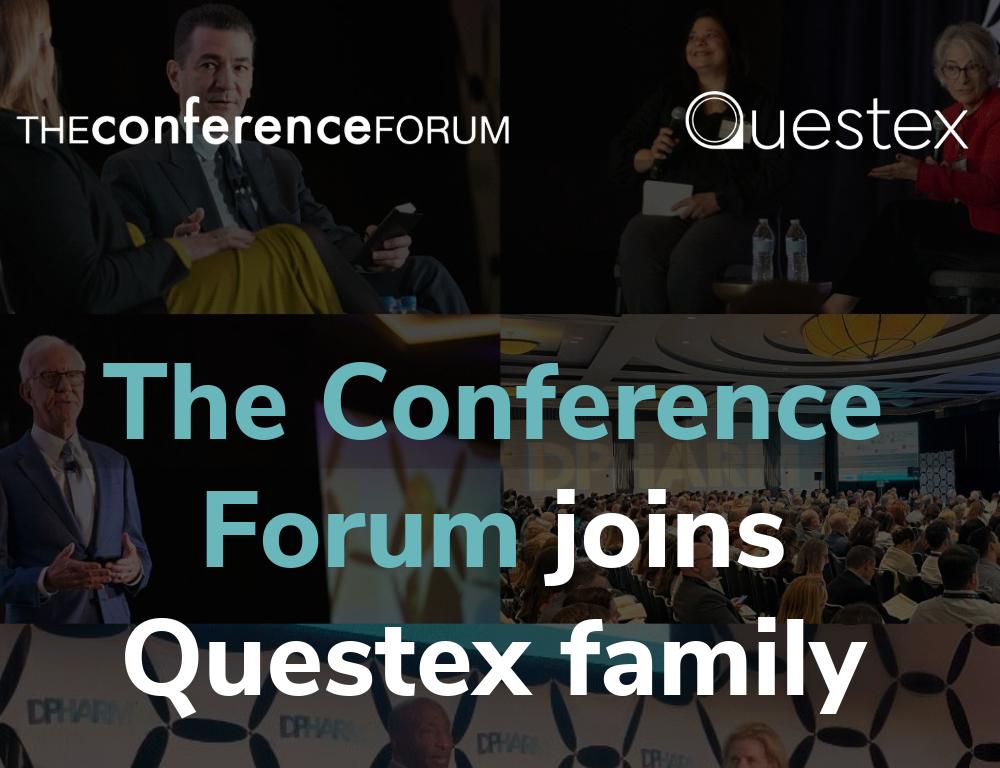Sanofi’s Partnering Philosophy in Drug Delivery
In this Editor's Pick: Sarah Tao, PhD, Sanofi’s Head of Search & Evaluation, Technology Platforms; Partnering, Global BD&L, discusses different types of partnerships, the importance of technology validation, and trends in digital health.

Tell us about the work that you're leading at Sanofi.
I currently head up search and evaluation for technology platforms within our business development and licensing team. Technology Platforms encompasses all of our modalities, including large molecules, small molecules, gene therapy and any technologies that are agnostic to our therapeutic areas. I help to understand what our organization needs from a technology perspective, and then engage, evaluate and partner to access the technology.
What is your partnering philosophy?
Sanofi seeks partners that can help us bring our vision to life. We look for companies that have cutting-edge technology and can bring innovation to patients. We have different mechanisms for engaging partners with technology at different stages, from early concepts to well validated. These can include awards and sponsored research, equity investment, evaluation, co-development, licensing and technology transfer and acquisition.
"We are looking for partners with transformative and enabling technologies, from discovery platforms to new modalities."
What are some key areas where you’re looking for partnerships?
We are looking for partners with transformative and enabling technologies, from discovery platforms to new modalities. We are constantly looking to see different challenges and needs, which often influences the types of therapeutics we bring forward. And of course, we think about the technology needed to get us there. Some key areas of interest are digital and high throughput discovery platforms that could change the way molecules are discovered and developed. The way we deliver therapeutics is also very important: How can we deliver therapeutics more efficiently or in a manner that is best suited for the patient?
Are there specific trends you’re seeing in drug delivery?
The concept of orally delivered macromolecules has been the holy grail for decades. It has been interesting to see the progression and convergence of different technological areas over the years, such as micromachines and synthetic biology, to tackle this challenging problem. It demonstrates how advances in different industries can drive innovation and applications in adjacent fields.
What new technologies are you excited about?
Cell therapy and living therapeutics are exciting areas. Instead of built devices or micromachines, living systems can also be smart systems that are pre-programmable and capable of sensing and responding to the environment for improved delivery. It will be interesting from a delivery perspective how living versus built systems could potentially achieve closed loop delivery.
"For early stage technologies and collaborations, the goal of both sides should be to bring the technology to a point where there is a definitive proof of concept or validation in order to de-risk it."
What trends are you seeing in digital health and smart devices?
There is a big drive to develop smart devices with accurate sensing and monitoring capabilities, changing the way patients are diagnosed and monitored. Matching this disease state and integrating digital therapeutics along with traditional treatments in real time could change the paradigm of personalized patient healthcare.
How can pharma and drug delivery companies better ensure successful collaborations?
It really depends on the stage of the technology. The relationship can be very different for a drug delivery technology that is something novel versus one that is validated. For early stage technologies and collaborations, the goal of both sides should be to bring the technology to a point where there is a definitive proof of concept or validation in order to de-risk it. Here, there is unique expertise and capabilities that each side contributes to the collaboration, which should be acknowledged. Partners need to bring this together to thoughtfully plan and execute: to define clear milestones and go/no-go actions for each phase of development.
What differentiates potential partners from the pack?
Data speaks for a lot. If the technology has been demonstrated, especially if it is already in humans, it is at a different stage of de-risking than if it were still in mouse or in vitro models. Validation of technology is key.
We also want to see the technology benchmarked against others. If you can show that it outperforms other technologies or why it is differentiated, that’s a clear sign that the technology should be worth a closer look. Allowing us to validate the technology in our hands also goes a long way, especially if it is novel. If it’s something that is really novel and hasn’t been validated or there is no data, it is difficult to partner because we can only really evaluate the technology based on the scientific rationale and whether there is a reason to believe that the people behind the company can move it forward. For these very early stage opportunities, that’s a lot of it: likelihood of success of the team and the foundational science.
"Validation of technology is key."
For novel technologies that haven't generated human data, what do you want to see?
Strong scientific approach, including in vitro and animal data. In these cases, we try to build relationships with these earlier stage companies to understand their strategy and see how we can help to inform them on what we’d like to see along the way, what kinds of milestones we are interested in. It is an opportunity to help shape the roadmap of the technology to drive a potential future partnership when the technology is ready.
Hopefully this strengthens the partnership because in a way they are getting mentorship in terms of what they need to demonstrate and at the same time we get to learn about what they can do, what they can achieve and how the technology is performing as it matures.
What's your advice on how to succeed in partnering in the drug delivery space?
To succeed, there needs to be a clear unmet need that your technology solves. You need to show validation of the technology and your competitive advantage.









